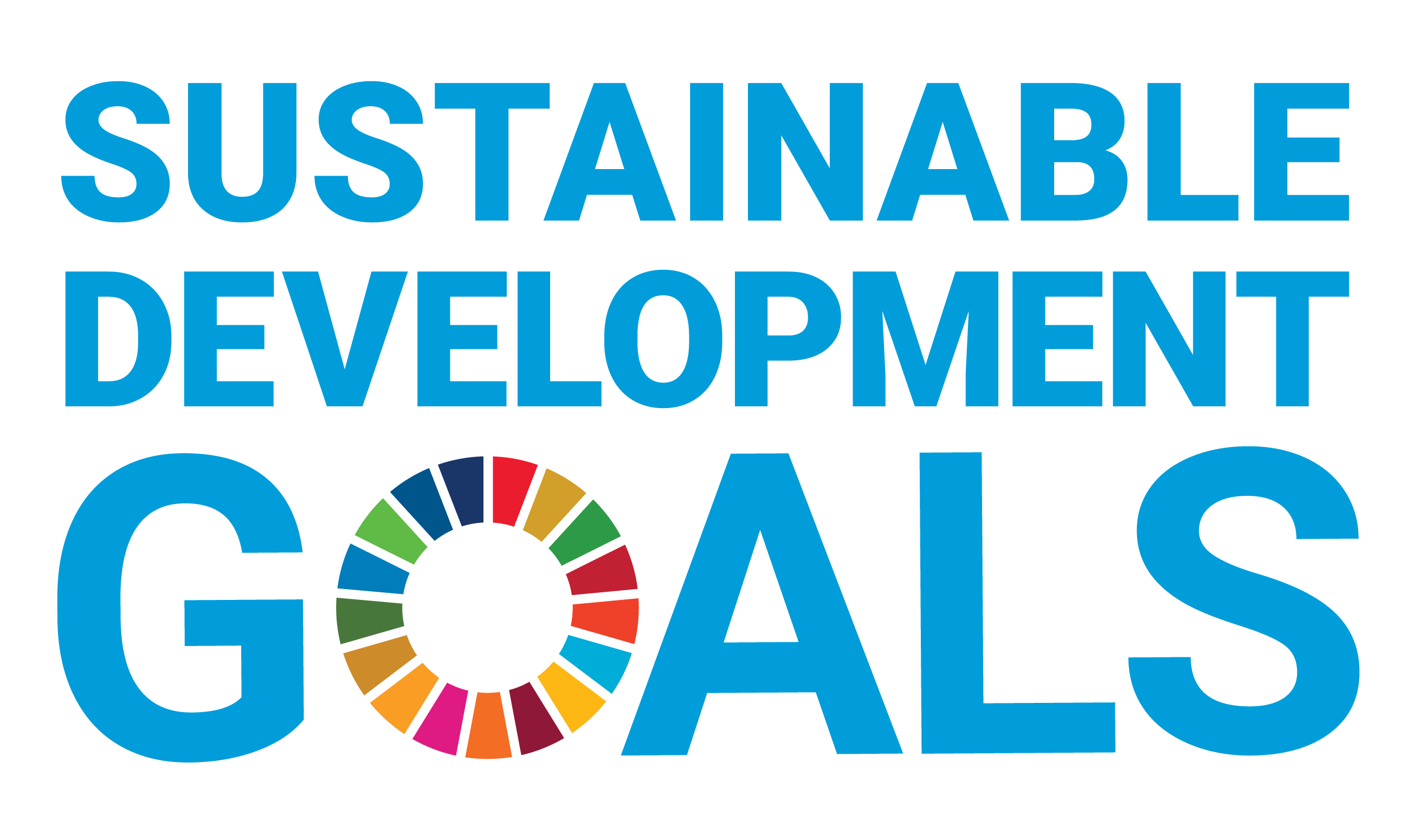The Ecological Footprints of Greenfield FDI and Cross-border M&A Sales
Document Type
Article
Publication Date
7-7-2021
Abstract
We test the theory of ecologically unequal exchange that manifests in FDI ecological havens and FDI ecological halos by focusing on the two modes of entry of FDI, GFDI, and cross-border M&A sales and investigating their impact on the ecological footprints of nations. We apply a dynamic panel methodology, based on an “IPART” theoretical model. We find that first, overall, GFDI tends to be more harmful to ecosystems than cross-border M&A. Second, we find evidence of ecologically unequal exchange, since, in developed nations, the harmful effects of GFDI occur through increases in the consumption EF and imports EF, while in developing countries, the GFDI burden is born by foreign activity-related footprints, the imports EF and export EF, both of which are related to being a part of a product supply chain leading to exporting activity. Third, cross-border M&As tend to harm the ecosystems of developing countries, where they increase consumption EF and the production EF, demonstrating an FDI ecological haven effect. Based on these findings, we make distinct policy recommendations for the two types of FDI.
Recommended Citation
Doytch, N., & Ashraf, A. (2021). The ecological footprints of greenfield FDI and cross-border M&A sales. Environmental Modeling & Assessment. https://doi.org/10.1007/s10666-021-09777-3



